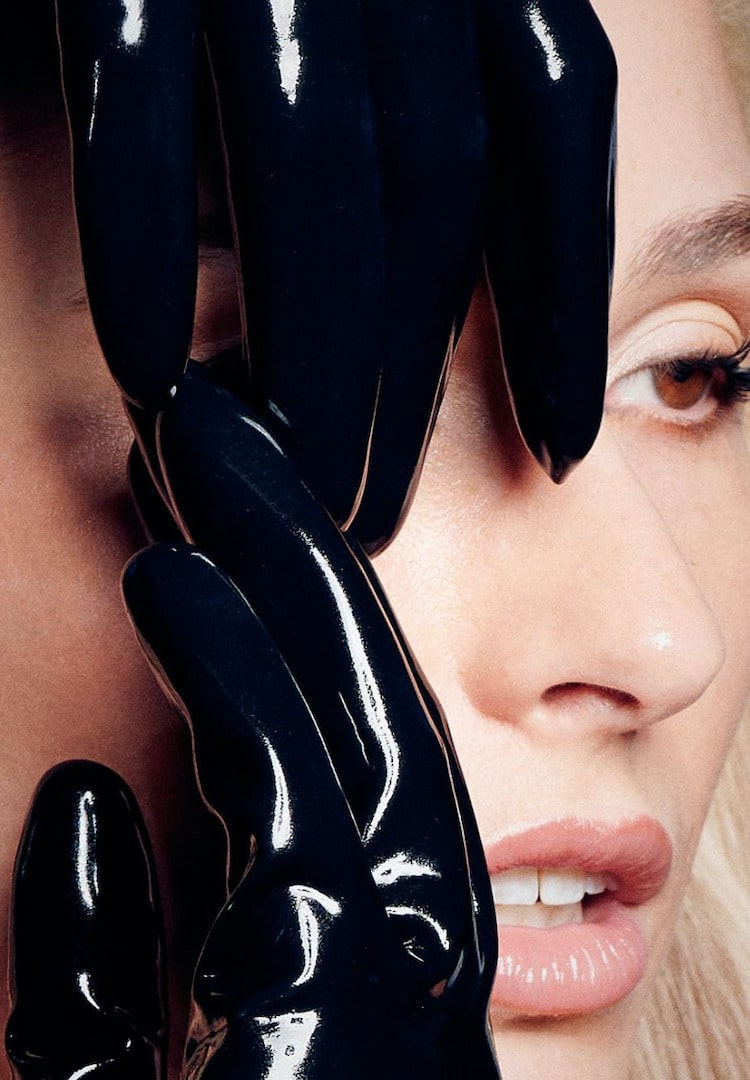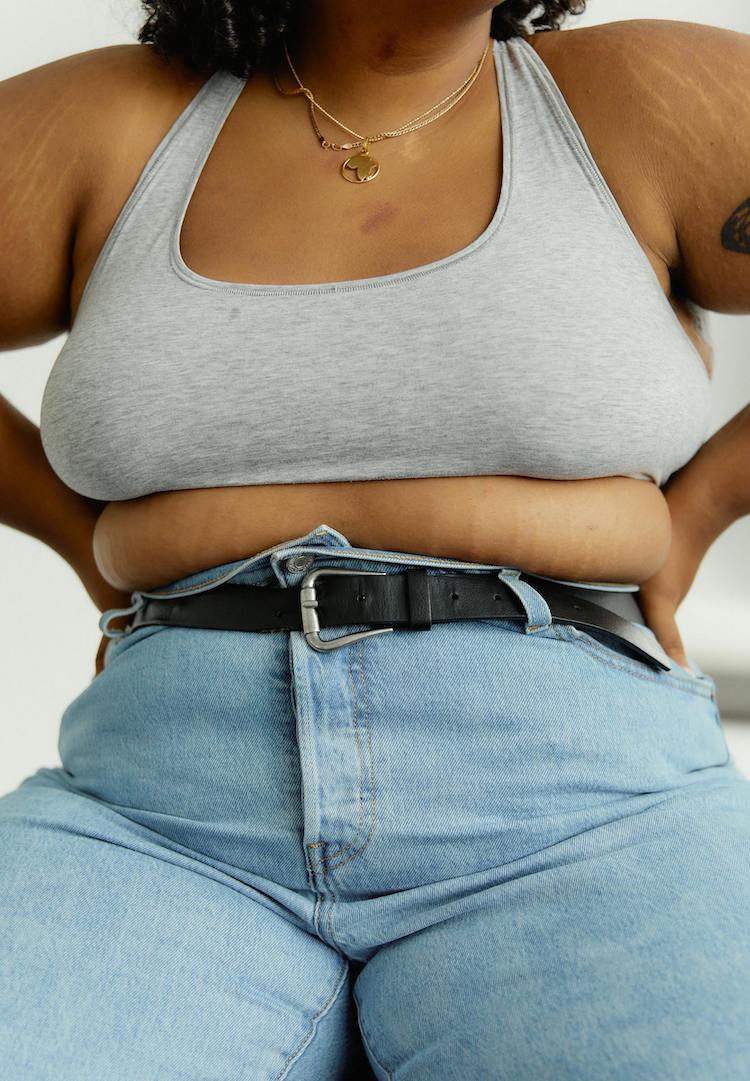What’s the psychology behind rebound dating? An expert explains
WORDS BY EVIE DINKELMEYER
“A new person won’t necessarily solve your emotions. It can put a Band-Aid over them, but we all know Band-Aids can really hurt to pull off slowly.”
When I saw Taylor Swift strutting around New York with rebound fling Matty Healy, it got me thinking. Firstly, ‘What is going on?’ And secondly, ‘What is the actual psychology behind rebound relationships? They seem to get a bad rap for being unhealthy and avoidant, but is that actually true?’
Interested to hear how others navigate the world? Head to our Life section.
The age-old story of the relationship ending and being followed immediately by a short-lived, perpetually doomed affair is probably familiar to us all. So to find out more about rebound dating, I chatted with relationship psychologist and Director of Love Therapy Australia, Lauren Bradley.
How would you explain rebound dating?
“Rebound dating is when you move into a new relationship, but you’re still not over your ex-partner.” (Does this mean Taylor could still be in love with Joe? Only time will tell.) She goes on to explain, “You may still be emotionally invested or processing the turmoil and yet you jump into a new romance as a reaction to the past.
“Rebound dating is reactive and done in response to the residual emotions from lost love. Dating someone really attractive to make your ex-partner jealous is a classic example of rebound dating – where your new match is based solely on emotions relating to your past relationship, rather than emotions relating to the new partner.”
And how can you tell if you might be in a rebound relationship? “If you’re with a new flame and you can’t quite commit because you can’t stop thinking about your ex – you’re probably still emotionally attached to them and are likely rebounding. If you feel like your partner is unable to invest fully and keeps making comparisons or talks about their ex, you may be the rebound.”
Is rebound dating always a bad thing?
“Just because you’ve jumped in quickly, doesn’t mean that your relationship is doomed,” Lauren says. “Love often has the worst timing and can come up when you’re least expecting it, like when you’ve just ended something serious.
“It is important to determine if your new relationship is a reaction to your past relationship or if you are actively choosing to be in that relationship as it stands. If you are dating to soothe sadness or jealousy relating to your ex, you may be rebounding, and perhaps there are better outlets for processing this emotion than bringing in an unsuspecting new partner.”
What are some elements of rebound dating that could be considered unhealthy?
“Rebound dating can take away time spent finding someone who you actually like, or better yet, investing time in yourself solo. With a rebound, you’re less likely to share intimate parts of yourself, so you may end up in a superficial relationship with no deep connection at all – which could be exactly what you need or could leave you feeling even more alone.
“Rebound dating can be really unfair on the rebound partner – what if they want a real relationship with someone who can invest more into the equation than just sex? You need to… be honest with your rebound beau about how much capacity you have for a full relationship.”
Lauren does provide some positives that can come out of the post-breakup fling. “It can boost your confidence, remind you of what a catch you are, and protect your tender feelings from another lashing,” she says.
How do you mend a broken heart without jumping into a fling?
“A new person won’t necessarily solve your emotions. It can put a big fat Band-Aid over them, but we all know Band-Aids can really hurt to pull off slowly. Counselling can support you to process stuck emotions from past relationships and enable you to come to terms with them, leaving more space and energy for new love when you’re ready.
“If you’re struggling to get over your ex, try reaching out to your community for connection. Make new friends, get to know your neighbours and talk to your local coffee barista. Our craving for human connection can be satiated through everyday interactions, which can be just as satisfying (and sometimes more so) than a Tinder date.
“Invest in you! It’s probably been a long time since you’ve selfishly indulged yourself without the commitment of a partner. Go back to what you love. Don’t be afraid to be selfish, [and] to indulge in you. It’s your time now and you never know when love will hit again and drag you back into a relationship – so take the time to enjoy it.”
For more on coping with life after a relationship, head here.










